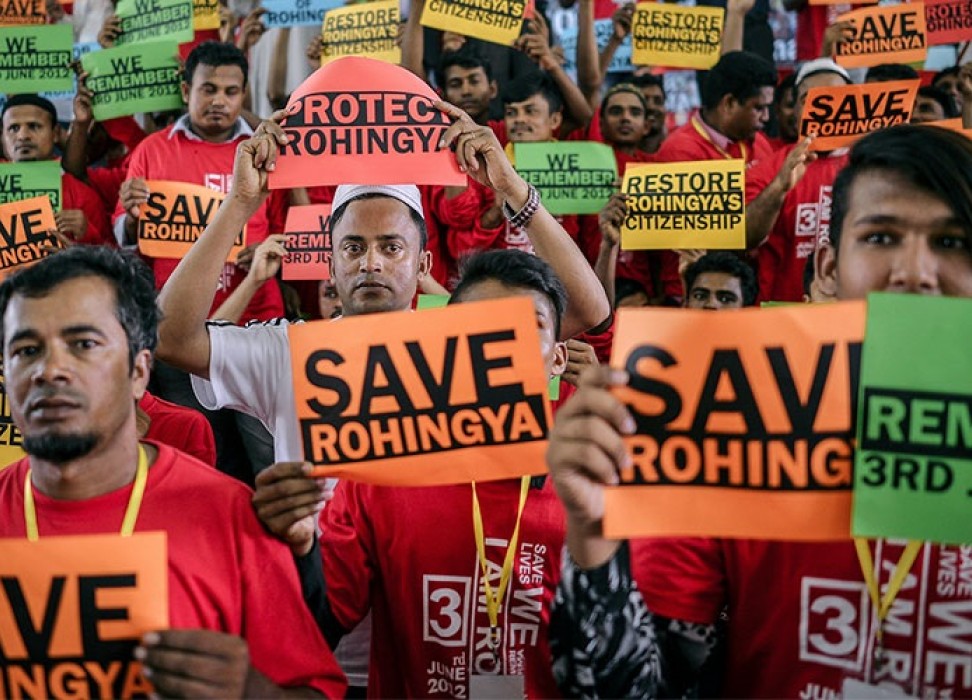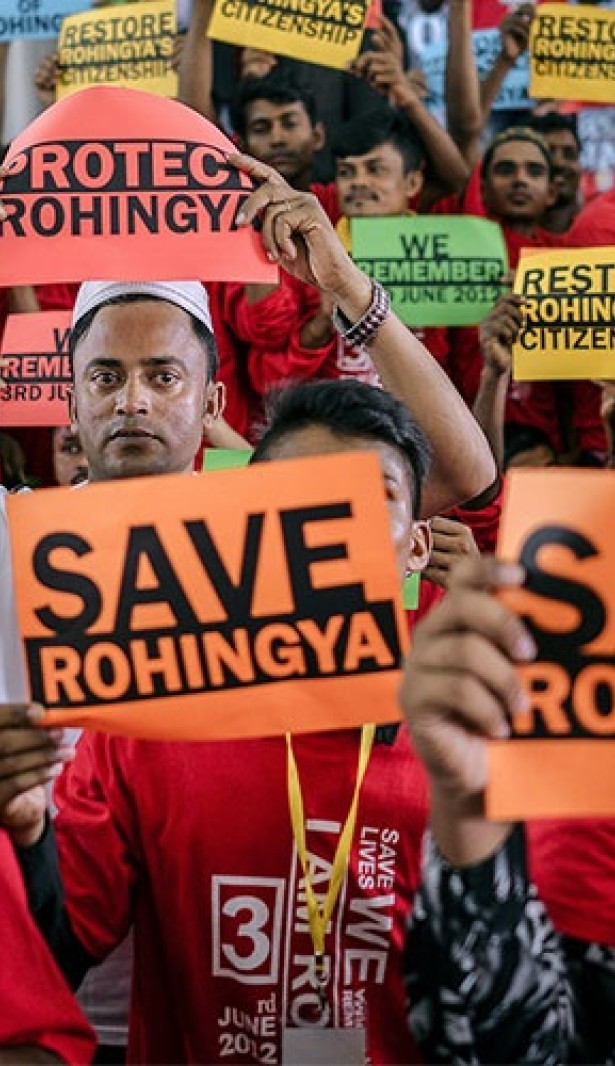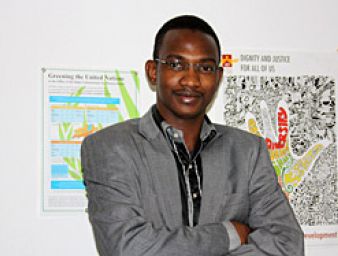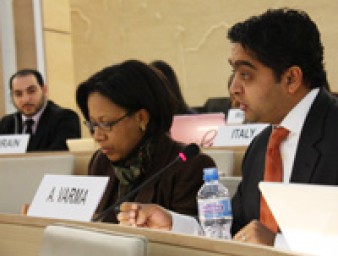Minority rights need more support and promotion
05 December 2019

“We are all people, born free and equal in dignity and rights and furthermore, the status of minority, which is a social, political and economic construction, is not a quantity,” UN Deputy High Commissioner for Human Rights Kate Gilmore told a group of experts on minority rights. “It is a quality of treatment. That’s why it’s called “equality.”
But, as Gilmore pointed out during the opening of the group of experts gathered for a consultation on strengthening minority rights, this construct does exist and the obligations of States to protect minorities is at the very heart and purpose of the modern human rights system.
“The modern human rights system, designed amidst the worst that human beings can do, majority to minority, has no other purpose than first and foremost to protect and promote the inherent dignity and equality …of minorities.”
Gilmore was one of the opening speakers of the expert consultation on achieving more visibility and strengthened implementation of minority rights. The two-day meeting, which took place just before the UN Minority Forum, brought together members of civil society, academia, as well as former and current UN human rights experts to discuss ways for minorities to better participate in decision making on international human rights issues.
One of the difficulties in promoting and strengthening minority rights is that minorities are often invisible in terms of rights violations, said Fernand de Varennes, UN Special Rapporteur on Minority Issues.
“Quite often we don’t talk about the minorities in the main of the activities of the UN where in fact minorities are the ones who are particularly impacted,” he said. “We don’t talk about minorities for example, in hate speech. Most cases of hate speech actually target minorities. In some countries 75 percent of all hate crimes target specific minorities. Yet we don’t mention it once in the United Nations.”
And the space for minority rights is shrinking, said Joshua Castellino, the executive director of Minority Rights Group, which co-sponsored the consultation. This lessening of space is seen in places like the United States of America where the Black Lives Matter movement has been pushed out of the mainstream. It is seen in the xenophobia manifesting itself as hatred towards immigrants in Europe; and it is evident on the Asian subcontinent where identity-based politics is used as a scapegoat for the failure of the State to adequately assist citizens, he said.
“If I were to rate the state of minority rights in the world now, I think I would give a three out of ten,” Castellino said. The reason I think it’s three out of ten….reflects (a downward) trajectory. We’ve gone from a six out of ten maybe five or six years ago, but now are down to a three. My fear is we have not reached an end point.”
The international human rights community, especially within the UN, can do a great deal to push back against the shrinking space for minority rights through simply using the word “minority” more, said de Varennes.
“I am hoping that…we will highlight the need to actually be transparent and to focus to look at what is missing and what is missing is an acknowledgement that many of the worse situations and violations of human rights involve minorities and that we need to address that directly,” he said.
5 December 2019




